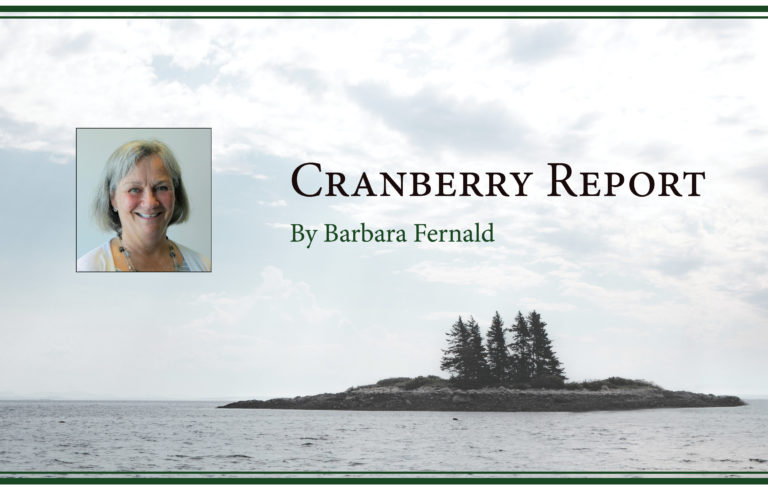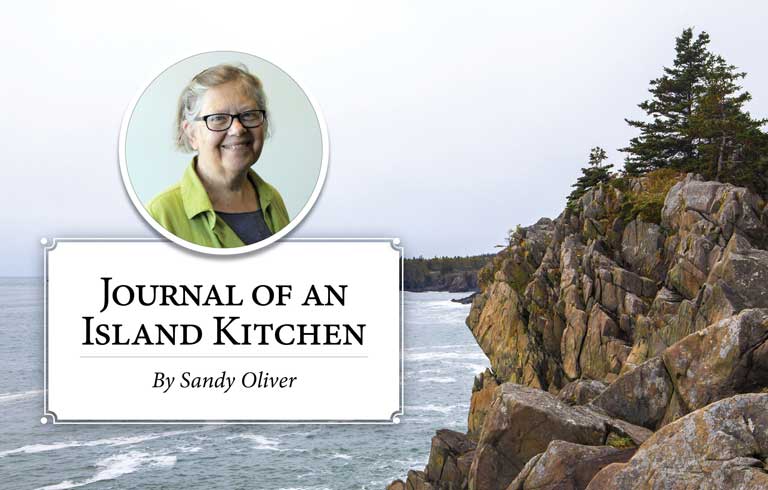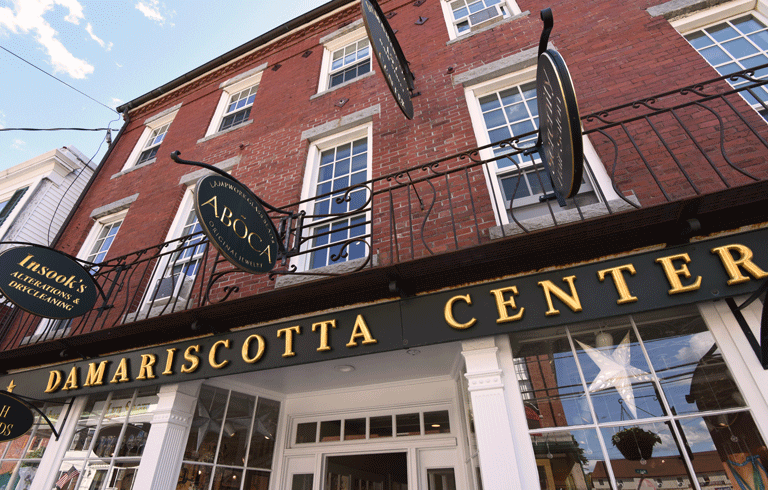Working Waterfront
State’s new economy anchored in the sea
On Maine’s rugged coast, where shipbuilding, fishing, and working waterfronts have defined generations, leaders say the future is once again tied to the sea—this time through aquaculture, marine technology, and research. University of Maine President Joan Ferrini-Mundy told attendees at the 2025 Maine Blue Economy Innovation Summit on Oct. 3… SEE MORE










